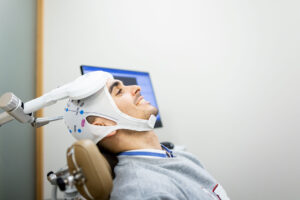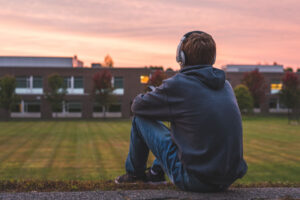
Understanding the Difference Between Depression and Laziness
Have you ever felt stuck—like you can’t get going no matter how hard you try? Maybe someone has even called you lazy, but what if

How Can Psychiatric Services in Greensburg Help Anxiety
Anxiety can affect how you think, feel, and function every day. It can make simple tasks harder and leave you feeling tired, worried, or uneasy

How to Prepare for Your First Therapy Session in Greensburg
According to the National Alliance on Mental Illness (NAMI), more than 1.8 million adults in Pennsylvania are living with a mental health condition—a figure more

Utilizing TMS Therapy for OCD
For people living with obsessive-compulsive disorder (OCD), the constant pull of unwanted thoughts and repetitive behaviors can make everyday life feel overwhelming. Many feel discouraged

Understanding Defiant Behavior in Children and Teens
Occasional misbehavior can be part of childhood. However, if constant anger, defiance, and frequent arguments become part of everyday life, it could be more than

The Connection Between Codependency and Narcissism
At New Directions Mental Health, we understand that relationships strongly impact emotional health. As a trusted provider of mental health services in southwestern Pennsylvania, we
